How many times have you participated in a conversation with someone and
realized that you really didn’t understand what they had said. Or…
perhaps you’ve been talking and even though the other person is nodding,
you’re not confident that they’ve really heard what you’ve been saying.
Yet, you might find yourself nodding in agreement when they speak… and
walk away… totally clueless about what you just talked about.
Were you really listening? Were they speaking over your head? Were you
speaking over their head? Perhaps you were distracted? Whatever the
reason… it’s probably worth thinking about. We all do it from time to
time.
Even worse, you were only thinking about how they were wrong and you had
the right answer already in your head…
In Dialogue, there are rules for participation, which we’ll explore in
future writings.
One might wonder if we’ve been trained to work this way. In school, we
had classes that taught us to debate one another… further cultivating
a society focused on you versus I. But, what about the community?
What about the team? What about us? Sadly, most of the teamwork that
we saw encouraged was in the form of sports. To be fair… we did have
debate teams… but the purpose was to argue for one side of an
argument… not to find a way for both sides to work together. One might
wonder our society would be like if we encouraged Dialogue in the same
way.
Perhaps we need Dialogue teams. ;-)
Dialogue allows teams of people to work together. It’s a process that
cultivates learning and discovery. Dialogue is not a process that
encourages the passing of judgement or pushing for specific outcomes…
the aim is to share understanding. Through empathetic listening and
questioning, the seeds of trust are planted.
Dialogue-Driven Development is about
building trust.
I came across this great
table, which
contrasts Dialogue and Debate. It’s worth taking a few moments to
review.
Here are a few that caught my attention…
Dialogue Debate
Dialogue is collaborative: the sides work together. Debate is a type of fight: two sides oppose each other to prove each other wrong.
In a dialogue the goals are finding common ideas and new ideas. In a debate the goals is winning with your own ideas.
In a dialogue you contribute your best ideas to be improved upon. In a debate you contribute your ideas and defend them against challenges.
In a dialogue you listen to each other to understand and build agreement. In a debate you listen to each other to find flaws and disagree.
In a dialogue you may consider new ideas and even change your mind completely. In a debate you do not admit you are considering new ideas and you must not change your mind, or you lose.
Dialogue encourages you to evaluate yourself. Debate encourages you to criticize others.
Dialogue promotes open-mindedness, including an openness to being wrong. Debate creates a close-minded attitude, a determination to be right.
——————————————————————————– ————————————————————————————————————
There is something to be said about the art of
Dialogue, which is
why we’re so excited about the d3
project.
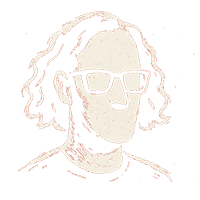
 {width=”240”
height=”150”}
{width=”240”
height=”150”}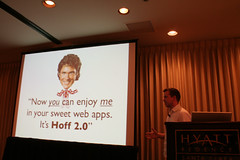 {width=”240”
height=”160”}
{width=”240”
height=”160”}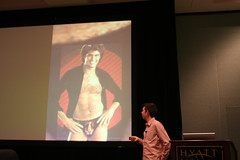 {width=”240”
height=”160”}
{width=”240”
height=”160”}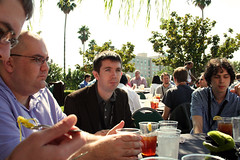 {width=”240”
height=”160”}
{width=”240”
height=”160”}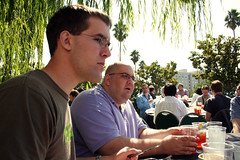 {width=”240”
height=”160”}
{width=”240”
height=”160”}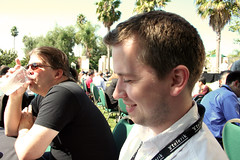 {width=”240”
height=”160”}
{width=”240”
height=”160”}